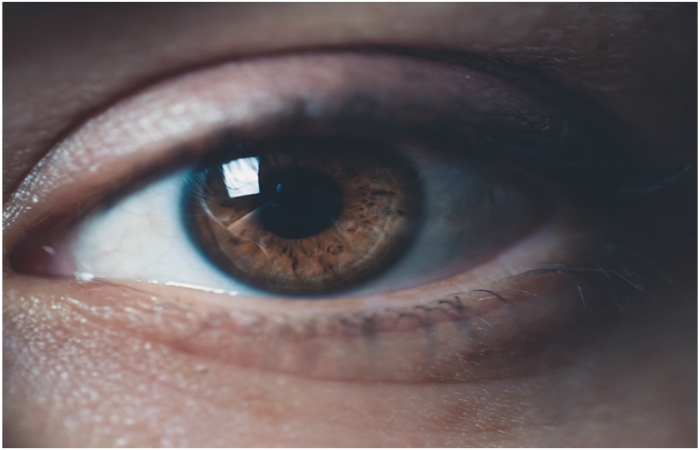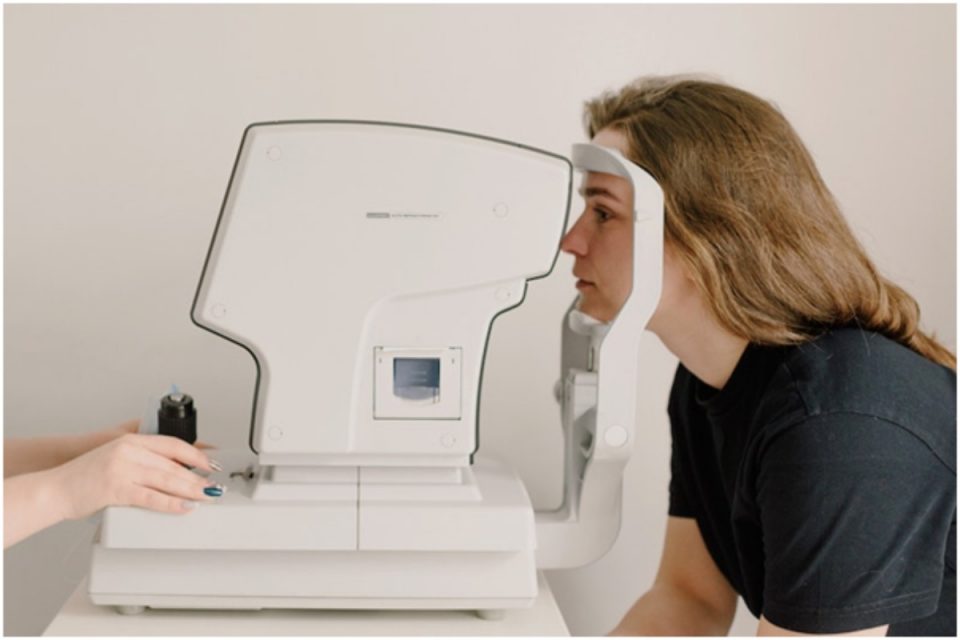There are some medical conditions that can be extremely irritating yet, in most cases, are not essentially dangerous. Dry Eyes counts as one of these. Surprisingly common and caused by – as we shall see – a variety of factors, Dry Eye Syndrome is uncomfortable and requires treatment, but will normally be resolved with no lasting effects.
What is Dry Eyes and why should you consult a doctor if you believe you are suffering? That’s the subject of the article that follows, so let’s get started.
What Is Dry Eye Syndrome?
Your eyes are among the most delicate and yet vital parts of your body. They are complex and quite wonderful, but also susceptible to many irritations and ailments. Dry Eyes is a problem experienced by large numbers of people. It is a result of the tear ducts not producing enough tears to keep the eyes lubricated as they need to be. We’ll cover the causes in a moment, but first here are some of the symptoms:
- scratchy, dry, and painful sensation in both of your eyes
- feeling like something is in your eyes
- redness
- mucus in or around your eyes
- light sensitivity
- fatigued eyes
- blurred vision
While not dangerous it can be difficult to live with, and it requires the attention of a specialist eye doctor or optician. If you’re looking for a doctor for dry eyes Winnipeg – Prairie Eye Care is an example of the sort of clinic to consider. Now let’s look at what causes dry eyes.

What Causes Dry Eyes?
There are many causes of dry eyes and while some are medical, others are environmental. People who fall into the following categories are most likely to experience Dry Eye Syndrome:
- Persons older than 50
- Wearers of contact lenses
- Users of computer screens for long periods
- People spending a lot of time in air conditioned or heated environments
- People who work or spend time in windy, cold, dry or dusty environments
- Those who smoke and drink alcohol
- Patients needing certain medications such as anti-depressants and blood pressure tablets.
- Sufferers of certain conditions, for example Lupus
The above is by no means an exhaustive list, but it gives a clear picture of the way the environment in which we live and work can bring about conditions such as dry eye. Now let’s look at what can be done to avoid dry eyes and treatments available for sufferers.
What Treatments are Available for Dry Eyes?
The first thing we advise if you are suffering the symptoms of dry eye is to arrange a consultation with an eye specialist or perhaps see a pharmacist. The latter will be able to assess your condition and recommend eye drops, gels or other medication or if they feel the need will refer you to an optician who will be better able to assess the correct medication and treatment needed. There are also some things you can do yourself to reduce the effects your living and working environment has on your eye condition, including:
- Keep your eyes clean – a pharmacist will advise on the best eye wash
- Take breaks from your computer screen regularly
- Use a humidifier at work and in the home
- Make sure you get sufficient sleep to rest your eyes
- Switch from contacts to glasses every now and then
- Reduce your alcohol consumption
- Cut down on smoking or quit
- Spend less time in air conditioned or heated rooms
Finally, we mentioned certain medications may be the cause of dry eye. Don’t stop taking your regular medication without consulting your doctor who may recommend changing to another type and seeing if that helps.

